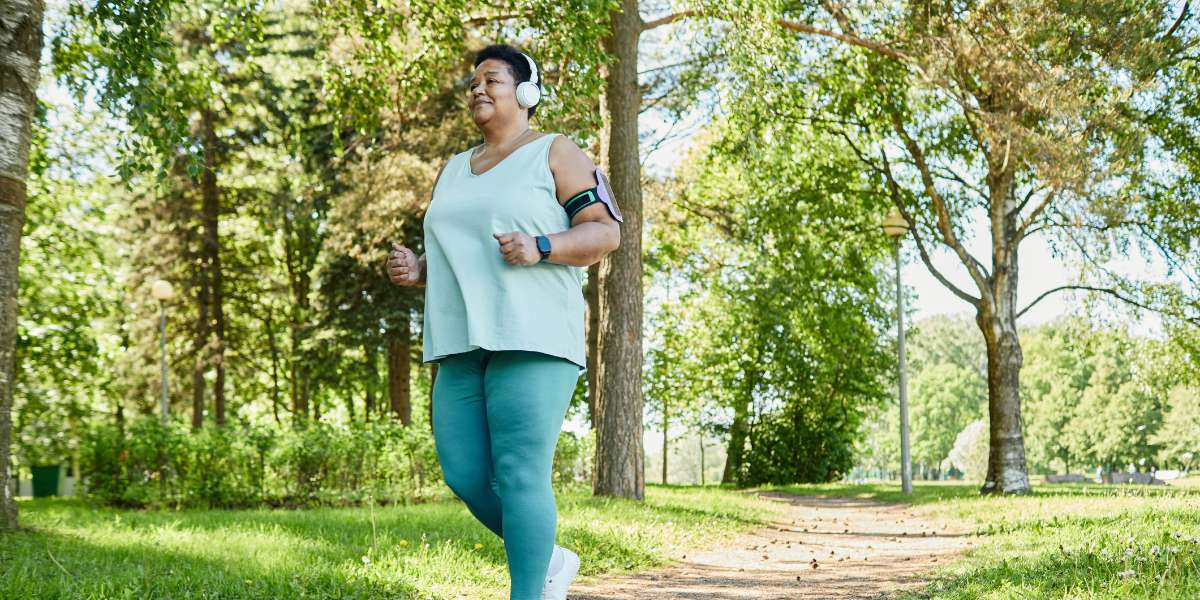New measures to tackle obesity are expected to be announced by the prime minister.
It comes amid reports that Boris Johnson blamed his weight for becoming so unwell with COVID-19 as evidence has suggested being overweight can impact people’s recovery from the virus.
The new measures have not yet been finalised, but a ban on online adverts and TV commercials before 9pm for junk food is expected to be included.
- Smoking and air pollution increases childhood obesity risk
- Public call for healthier measures introduced to control obesity and COVID-19
Speaking during a visit to a GP surgery in east London, the BBC reported that Mr Johnson had said that he was not normally one for “”nannying or bossying”, the country but he accepted that weight loss might help reduce the risk of a second wave.
He added: “Obesity is one of the real co-morbidity factors. Losing weight, frankly, is one of the ways you can reduce your own risk from coronavirus.”
Obesity – commonly associated with type 2 diabetes – is on the rise. Recent figures have shown that three in 10 children in reception are either classed as obese or overweight and a fifth of children (22 per cent) aged between four and five are considered fat.
- Low Carb Program ranked #1 for Type 2 Diabetes Prevention in The Times’ Best Health Apps 2020
- Further research indicates obesity and type 2 diabetes are COVID-19 risk factors
- Fatty liver disease increases the risk of COVID-19 severity
Despite these worrying figures, the government’s plans have not been met positively by some.
Speaking to the BBC’s Today programme, Tim Rycroft, chief operating officer of the Food and Drink Federation, said: “It is going to ban promotions of food 10 days before the chancellor launches the biggest food promotion the country has ever seen.
“It is going to put enormous costs on the advertising industry and on broadcasters at a time when the econmy is in quite a tenuous situation.”
But Tam Fry, the chairman of the National Obesity Forum, said Mr Johnson’s COVID-19 fright has given him some perspective.
He said: “I think his experience in St Thomas’ Hospital was a real game changer, and I believe that this was the reason why he has suddenly become so involved in curing obesity.
“Because he knows full well that his weight was a great problem when they were coming to treat him.”





